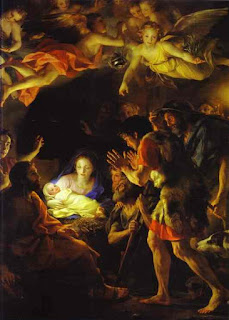These
verses, Luke 6:17-49, are called “the Sermon on the Plateau” as different from
Matthew’s record of “the Sermon on the Mount.”
In many ways these two discourses of Jesus are similar, but one
difference appears in the opening Beatitudes of each. The Sermon on the Mount begins with the first
8 Beatitudes addressed in the third person, “Blessed are they….” Luke’s record of the Sermon on the Plateau
begins with Beatitudes addressed in the second person, “Blessed are you….”
Luke’s
account of this sermon begins with the words “Then He lifted up His eyes toward
His disciples and said…” (v. 20). Jesus
had been healing the multitude, but just prior to that, He had called His
disciples to Him and from that number chose the Twelve whom He called “Apostles.” As the sermon / discourse begins, Jesus turns
His attention again to His disciples.
This
sermon is a private conversation in a very public setting. Though the multitude was there to hear, they
were not the primary audience. This is
not a message to or for the world at large; this is a message to those who have
chosen to follow Jesus and who in response have chosen by Him to be His
disciples. In this setting of the
presence of the multitude, Jesus words have meaning only to those who follow
Him. The world finds these words meaningless,
even impossible and absurd – “Blessed (happy) are you poor….” Literally, the Greek reads, “Blessed poor are
you....” Since both blessed and poor are adjectives in the
Greek, let me put it another way, “You are blessed poor….”





